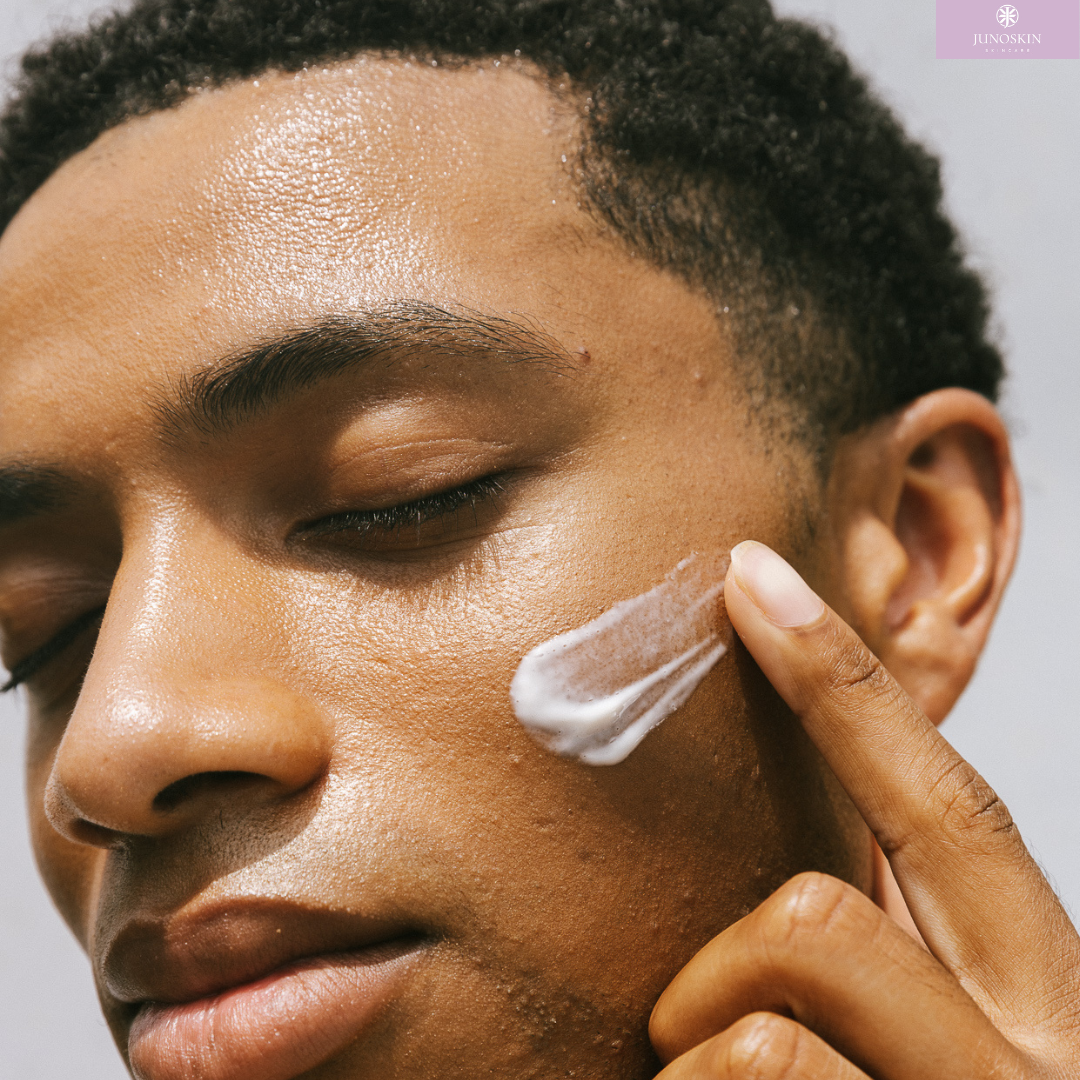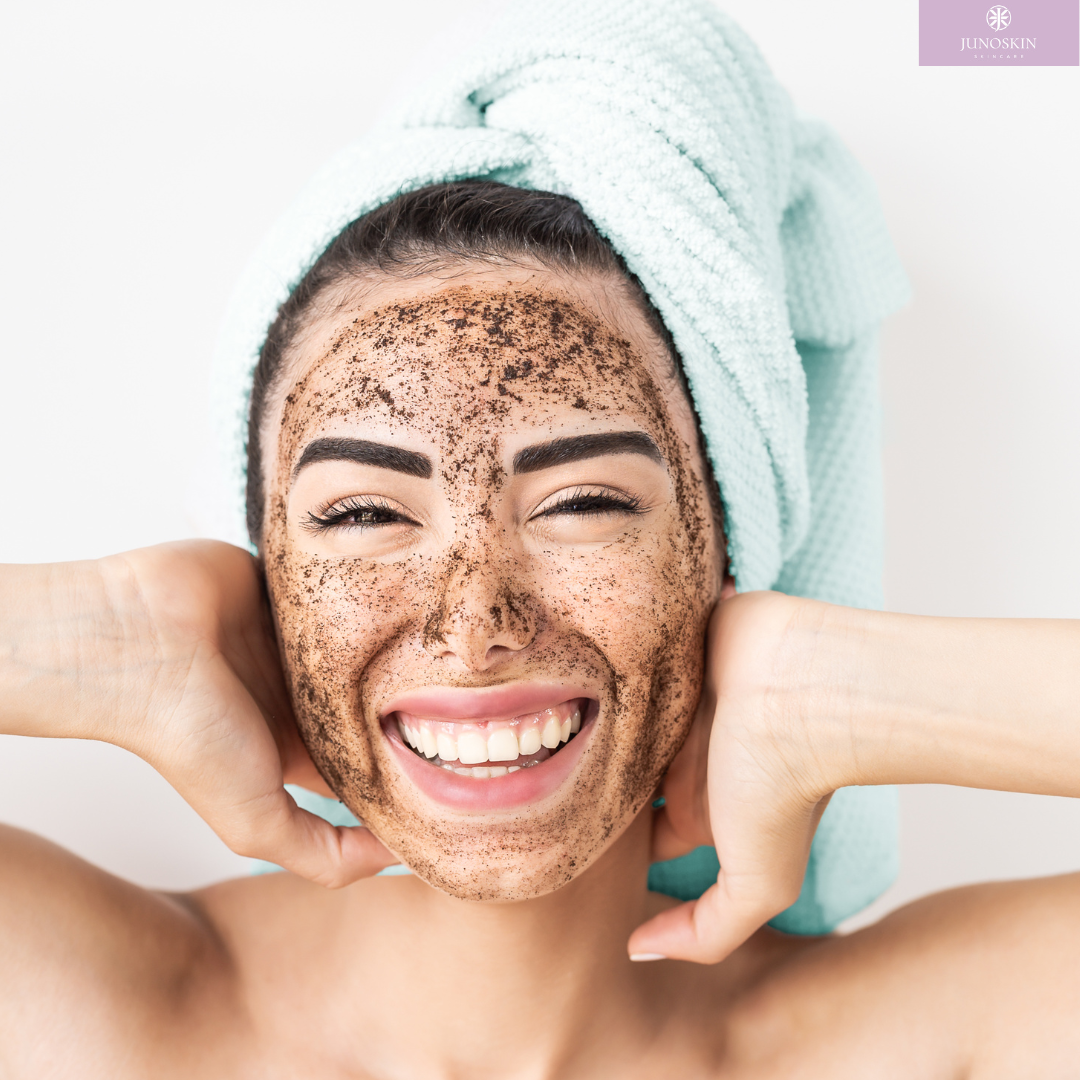Perimenopause marks the transitional phase leading up to menopause, characterised by irregular menstrual cycles and hormonal shifts. During this period, the ovaries gradually reduce their production of oestrogen, a hormone crucial for maintaining skin elasticity, moisture, and thickness. Oestrogen plays a significant role in stimulating the production of collagen and elastin, which are fundamental proteins providing structure and resilience to the skin. As oestrogen levels decline, collagen production decreases, leading to a gradual decline in skin firmness and elasticity.
One noticeable change is the alteration in skin texture. With reduced collagen and elastin, the skin becomes thinner, drier, and more prone to fine lines and wrinkles. The decrease in oil production can contribute to dryness, making the skin appear less supple. Additionally, decreased oestrogen can affect blood flow to the skin, resulting in a duller complexion and reduced skin cell turnover, contributing to a more aged appearance.
Loss of volume is another significant effect. Oestrogen decline affects fat distribution, leading to a reduction in the supportive fat underlying the skin, particularly in the face. This loss of subcutaneous fat can result in sagging skin, hollowed cheeks, and a more pronounced appearance of wrinkles and fine lines. Furthermore, bone density loss, which accelerates during menopause, can contribute to changes in facial structure, such as a receding jawline or reduced bone support, exacerbating the perception of volume loss.
Pigmentation changes, such as age spots or uneven skin tone, can also occur. Oestrogen plays a role in regulating melanin production, the pigment responsible for skin coloration. Fluctuations in oestrogen levels can lead to hyperpigmentation or the appearance of age spots, especially with sun exposure over time. Additionally, reduced oestrogen can make the skin more susceptible to damage from ultraviolet (UV) rays, further contributing to pigmentation changes.
While these changes are natural consequences of ageing and hormonal shifts, various measures can help mitigate their effects. The combination of Junoskin Destress serum and Sleep Tight cream are popular with women in perimenopause because they contain extracts and soothing ingredients to counter any environmental damage, are packed with peptides for collagen stimulation and contain Niacinamide to help with pigmentation. Where pigmentation is more severe, Illuminate Serum is also recommended because it contains Azelaic and Kojic Acid and other antioxidants.





